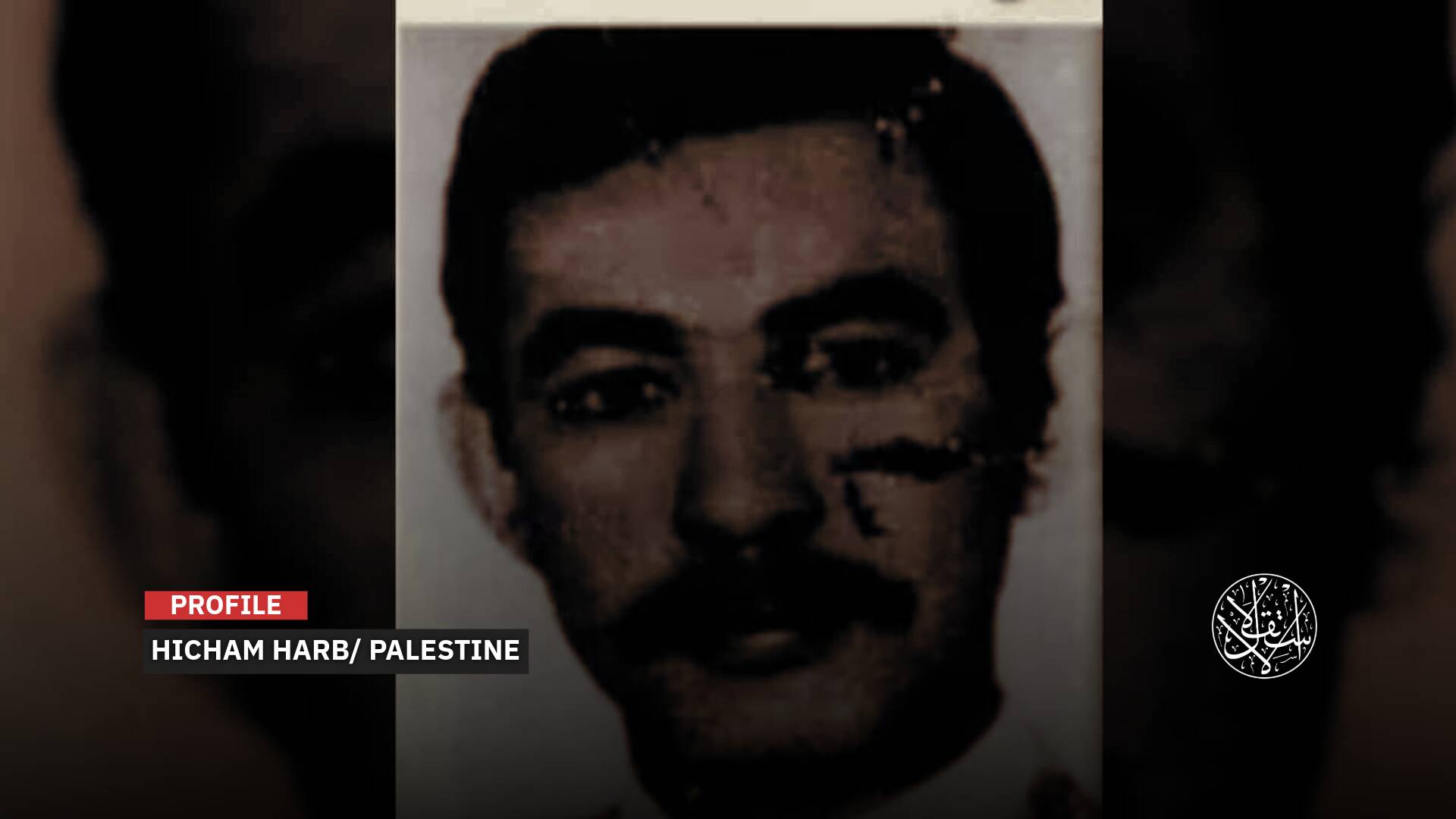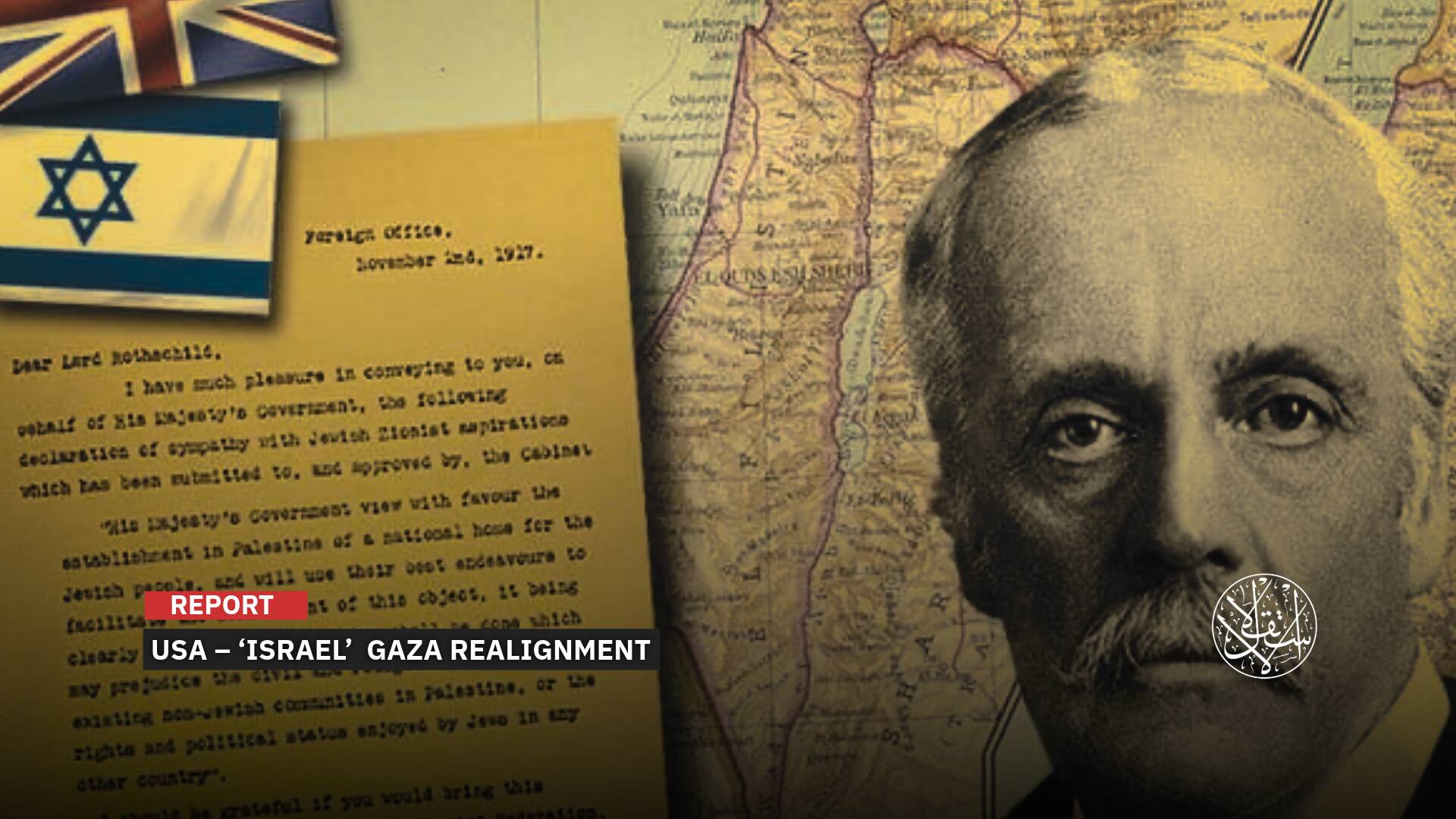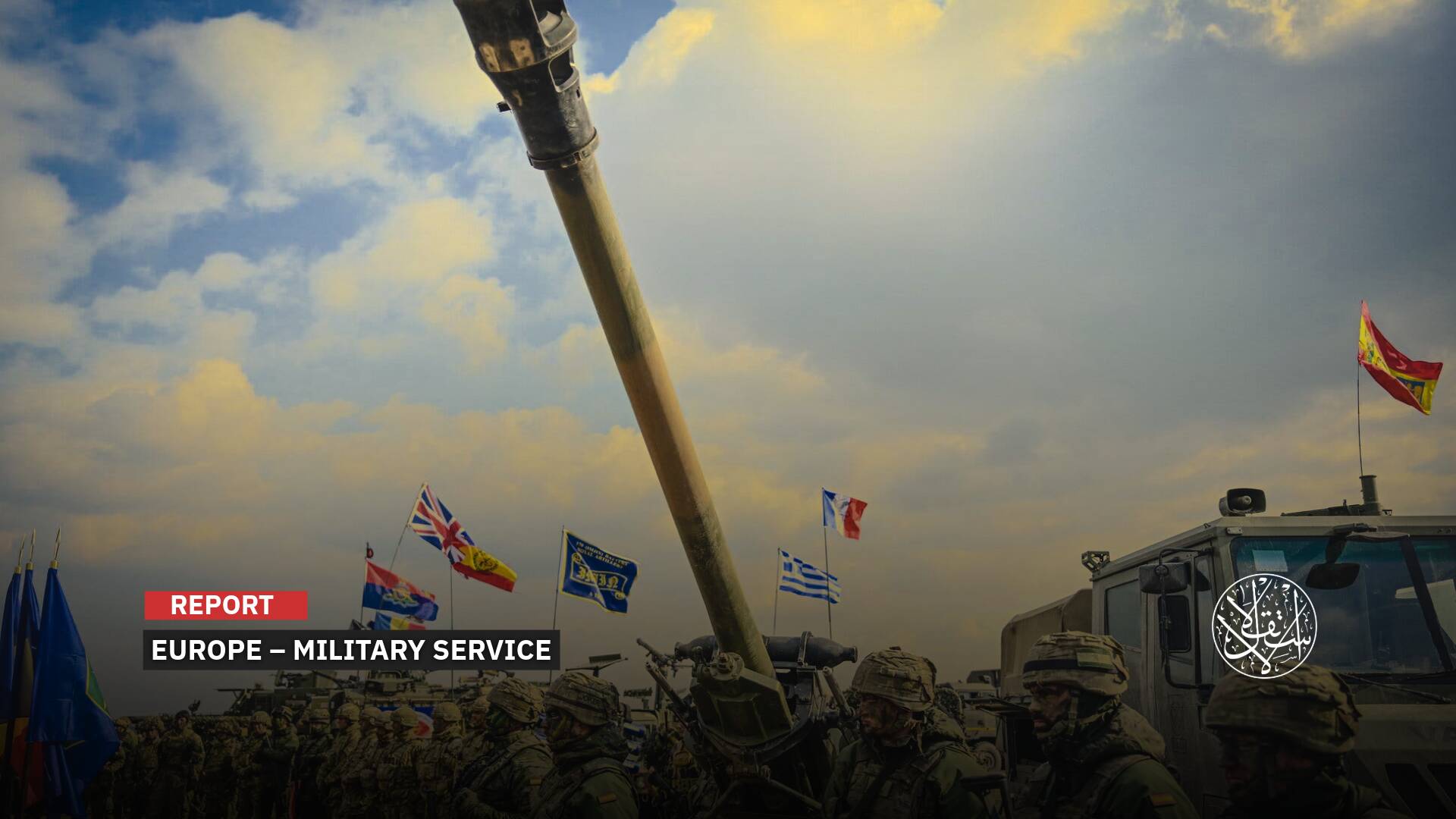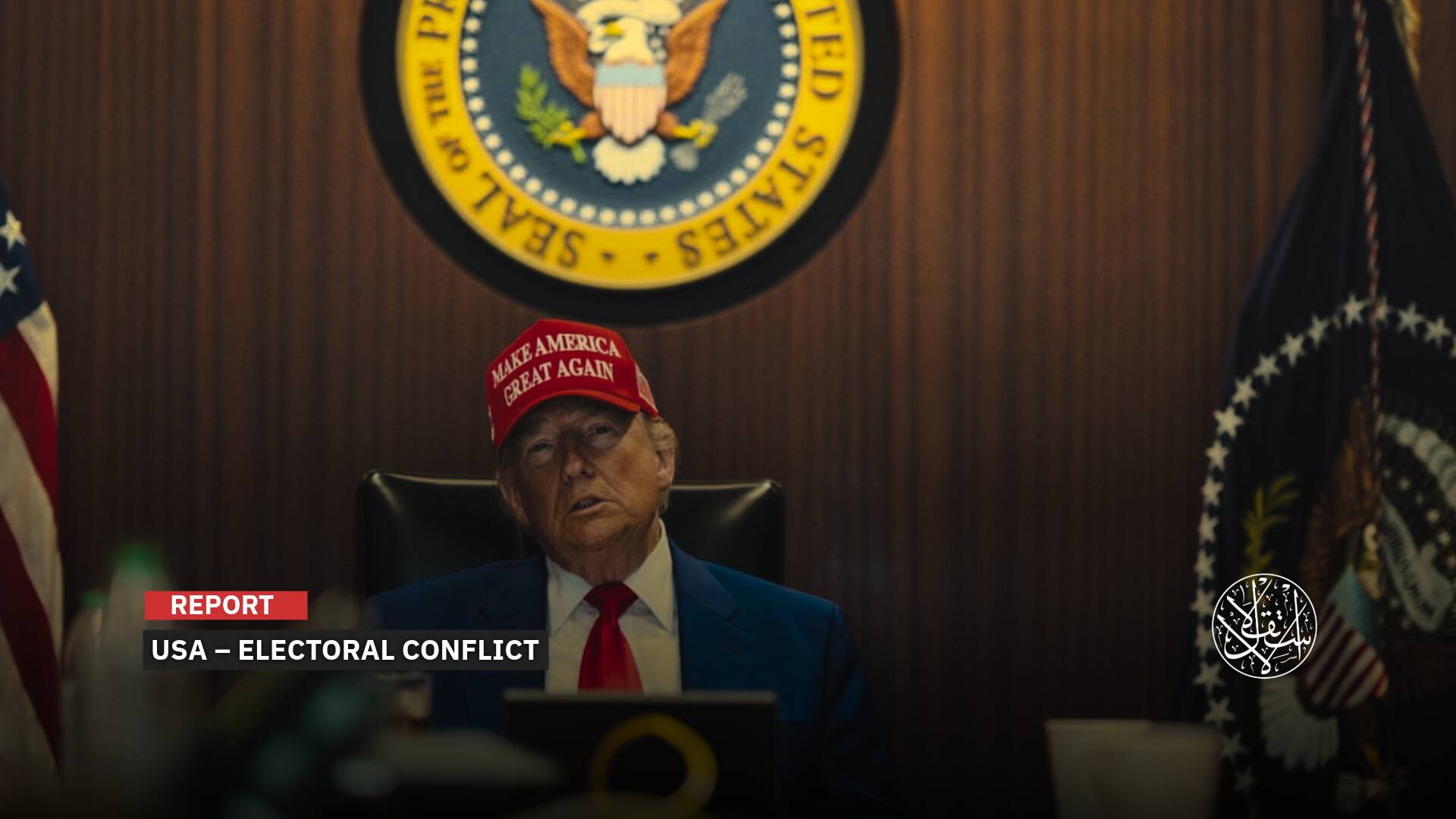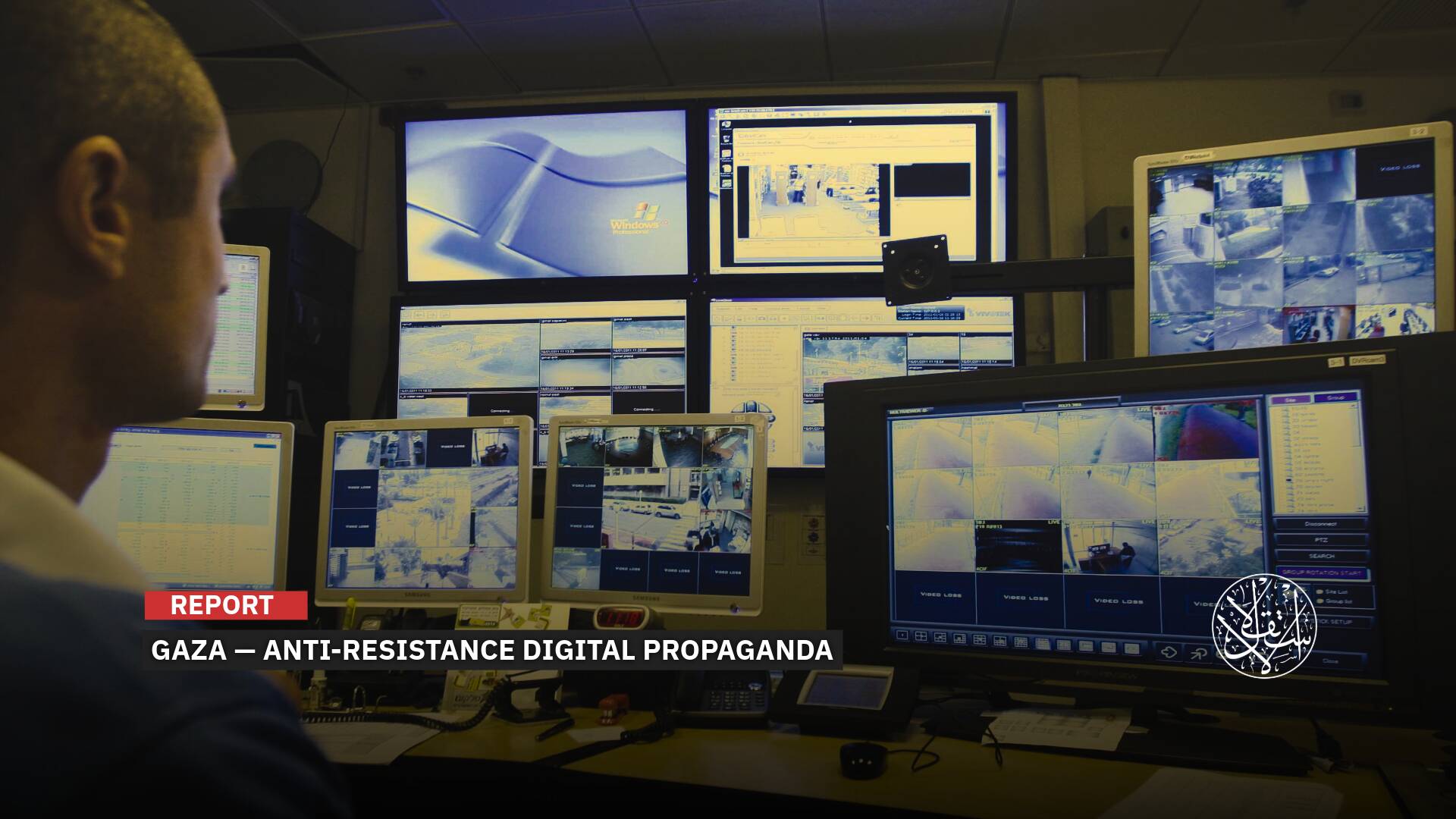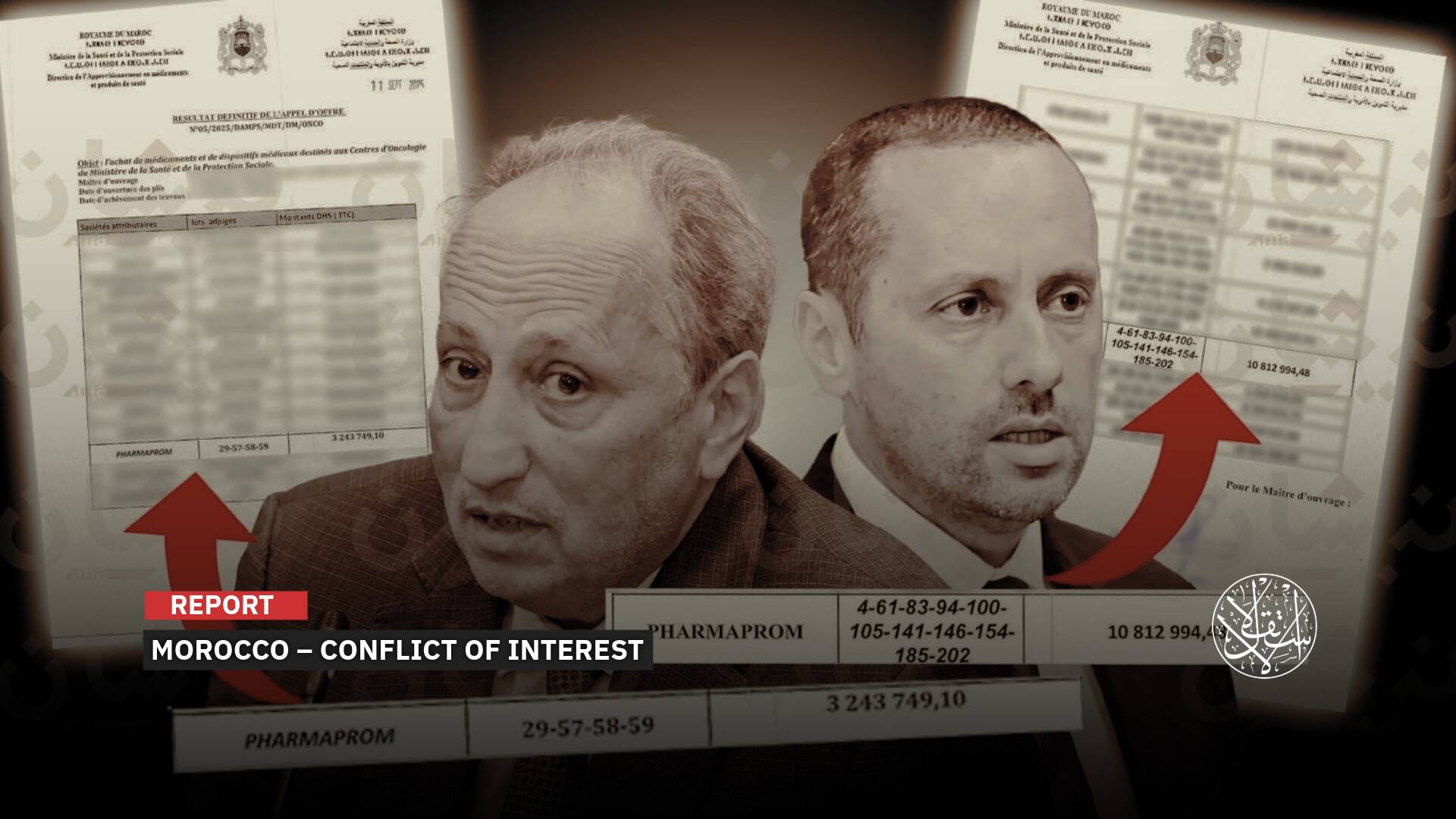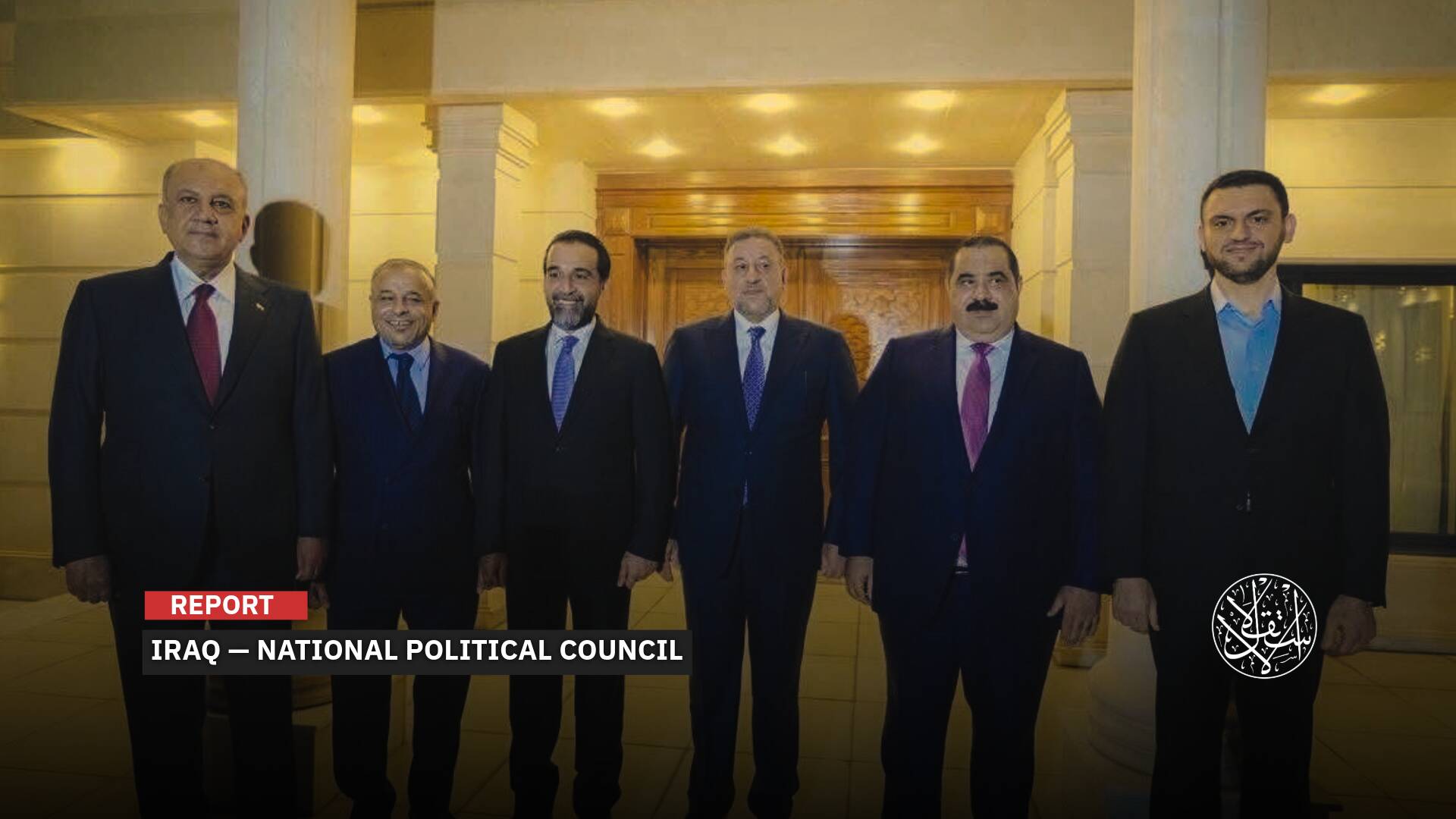With Farcical Trials, Why Does Greece Prosecute Volunteers for 'Saving Lives'?

A Greek court dropped charges of espionage against 24 humanitarian workers, confirming the existence of procedural errors, especially the failure to provide a translation of the indictment for the foreign defendants. However, the investigation continues with a separate judicial mechanism targeting humanitarian workers on charges of smuggling migrants.
The court of Mytilene, the center of the Greek island of Lesbos, said it made the decision due to procedural errors, in particular the failure to provide a translation of the indictment for the foreign defendants, all of whom are former volunteers providing assistance to migrants.
Inspiring Figures
One of the main defendants, Nassos Karakitsos, commented on the court’s decision, saying that they feel that they have been hostages for four and a half years. Among the defendants, the Syrian refugee Sarah Mardini, who, along with her sister, an Olympic swimmer, inspired a feature film broadcast on the Netflix platform.
The third humanitarian volunteer Sean Blinder said: “We are desperate to go to trial because what we did was legal.”

On Friday, the United Nations High Commissioner for Human Rights called on the Greek judiciary to drop all charges against humanitarian workers, while the European Parliament denounced the trial as the largest case of criminalizing solidarity in Europe, while Amnesty International described it as a farce.
The head of the Greek court said, on January 10, that only espionage charges against these humanitarian workers will be considered during this trial, while money laundering, migrant smuggling, and fraud cases will be considered later when the investigation is completed.
Amnesty International indicated earlier that the defendants, who worked for a non-governmental relief organization that helps migrants arriving on Lesbos from the neighboring Turkish coasts, face a prison sentence of up to 25 years on all charges against them.
The authorities of #Greece should reverse the trend undermining the work of #HumanRightsDefenders and journalists and ensure they can work freely and safely. #MediaFreedom #SAR #HumanRights https://t.co/BpKtzyhpbA pic.twitter.com/noXXHuxCS6
— Commissioner for Human Rights (@CommissionerHR) January 12, 2023
According to the indictment, the members of this organization were providing direct assistance to networks organizing the smuggling of migrants between 2016 and 2018, by inquiring in advance about their arrival on the islands and organizing their reception without informing the authorities.
The island of Lesbos in the Aegean Sea is one of the main entry points for migrants to Europe, and hundreds of thousands of refugees have flocked to it, especially from conflict zones in the Middle East in recent years.
This mechanism, which began in 2018, forced most non-governmental organizations that aid migrants to stop their activities in Greek waters.
International Support
Human Rights Watch and Amnesty International challenged charges against the 24 volunteers, who had gone on trial accused of smuggling-related charges.
International human rights organizations have widely criticized the trial of the defendants, who deny all charges and say they did nothing more than helping people whose lives were in danger.
"We are desperate to go to trial, because what we did was legal."
— Human Rights Watch (@hrw) January 10, 2023
Two dozen humanitarian workers are on trial in Greece for helping refugees and migrants. Greek authorities have brought bogus charges against the aid workers, criminalizing life-saving humanitarian work. pic.twitter.com/HErXkZ2Wai
Sarah Mardini, who did not appear at Tuesday’s hearing, and fellow volunteer Sean Binder spent more than three months in prison on the island of Lesbos, after they were arrested in 2018 on charges including espionage, forgery, and illegal use of radio frequencies.
The case was initially scheduled to go ahead in 2021 but was delayed due to procedural matters. Mardini and Bender are also under investigation for crimes, but they have not yet been charged.
“What is on trial today is human rights. That is the fundamental problem,” Binder said outside court before Tuesday’s hearing.
Human rights group Amnesty International described the case against the aid workers as “farcical” and called on the Greek authorities to drop the charges.
Nils Muiznieks, director of Amnesty’s European Regional Office, said: “Sarah and Sean did what any of us should do if we were in their position. Helping people at risk of drowning in one of the deadliest sea routes in Europe and assisting them on the shoreline is not a crime.”
Systematic Attacks
Humanitarian NGOs working to help migrants seeking asylum in Greece, and condemning illegal returns to Turkey, have been experiencing growing hostility for months, to the point that some have ended up abandoning their mission.
In November 2022, Greek Minister of Immigration Notis Mitarachi said that most of the non-governmental organizations that were active between 2015 and 2019 left Greece on their own, noting that some of them are subject to criminal prosecution on charges of facilitating the illegal entry of migrants.

As for organizations providing care, guidance, and advice to migrants, 16 of them complained that they are the target of frequent attacks by the conservative government of Kyriakos Mitsotakis and some pro-government media.
In a joint statement, the Refugee Support Aegean organization, the Greek Council for Refugees, and the Hellenic League for Human Rights stated that the Greek authorities are engaged in a campaign of witch hunts targeting migrants, as well as their advocates.
The Athens authorities are accused of violating international law by returning to Turkey people who wish to apply for asylum in the European Union.
Despite careful investigations by the media and NGOs and the testimonies of a large number of victims, the Greek authorities have always denied resorting to such practices.
The Greek Deputy Minister of Migration, Sofia Voultepsi, stated last September that she does not intend to work with non-governmental organizations that harm the national interest by denouncing the illegal returns of migrants.
In early October, the non-governmental organization Jusoor, which was active in the border area, withdrew after three lawsuits were filed against it, which did not result in convictions, but which ended up making its work impossible. The organization justified its decision with the decline of the rule of law in Europe.
Human Rights 350, which monitors human rights violations at the border, has suspended its activities. The organization regretted that five to ten people in Greece were helping victims of migrant pushbacks in the Evros region, but their number is decreasing little by little.
Last summer, this organization ran into an ordeal when trying to help 38 Syrians who had been stranded for days on an island in Evros. These immigrants said that a five-year-old girl died from a scorpion sting. However, the Greek authorities suspected the child’s death and have since tried to discredit the humanitarian workers who came to their aid.


